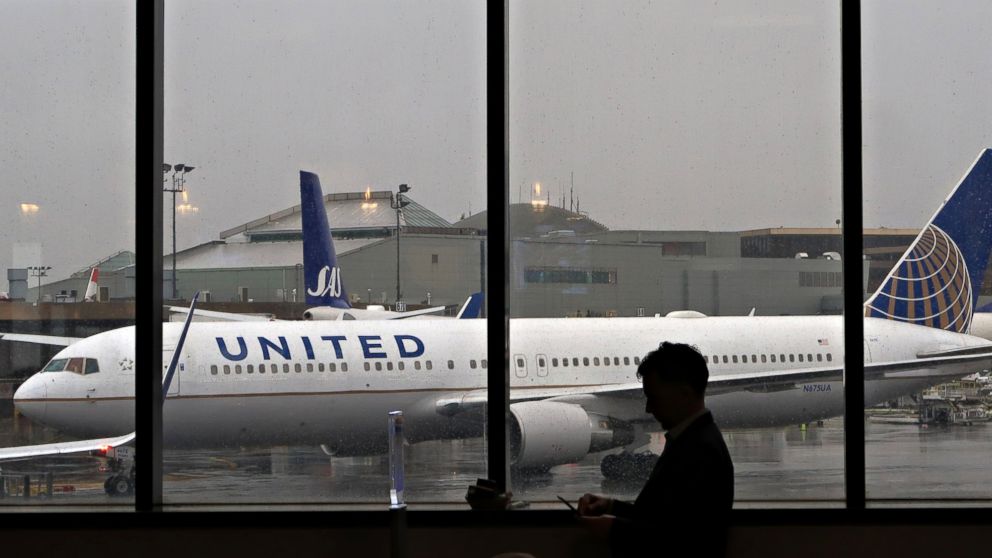After peacock flap, United updates emotional support animal policy
The airline says it's seen a 75% increase in emotional support animals.
— -- Days after a flap over an emotional support peacock at Newark Airport, United has updated their emotional support animal policy.
The airline says it's seen a 75 percent increase in emotional support animals over the past year -- and a significant increase in "onboard incidents.
"The Department of Transportation’s rules regarding emotional support animals are not working as they were intended to, prompting us to change our approach in order to ensure a safe and pleasant travel experience for all of our customers," United said in a statement.
A woman's emotional support peacock was denied boarding on a United flight out of Newark late last month.
"This animal did not meet guidelines for a number of reasons, including its weight and size. We explained this to the customers on three separate occasions before they arrived at the airport," United said in a statement.
Starting March 1, United customers traveling with emotional support animals must provide confirmation that the animal has been properly trained and affirmation from a veterinarian that the animal has been vaccinated and won't "pose a direct threat to the health and safety of others on the aircraft or cause a significant disruption in service."
'The Department of Transportation’s rules regarding emotional support animals are not working as they were intended to'
As they did before, they'll also need to provide 48 hours' notice and a letter from a mental health processional.

United's policy update comes on the heels of Delta's update, which requires passengers traveling with an emotion support animal to provide a signed document "confirming that their animal can behave."
Unlike Delta, which drew ire for including service animals like seeing eye dogs in its policy update, United's policy update does not apply to service animals.
American, which has also seen an increase in emotional support animals, says they're reviewing their own requirements "with the goal of protecting our team members and our customers who have a real need for a trained service or support animal."
ABC News' Jeffrey Cook contributed to this report.




